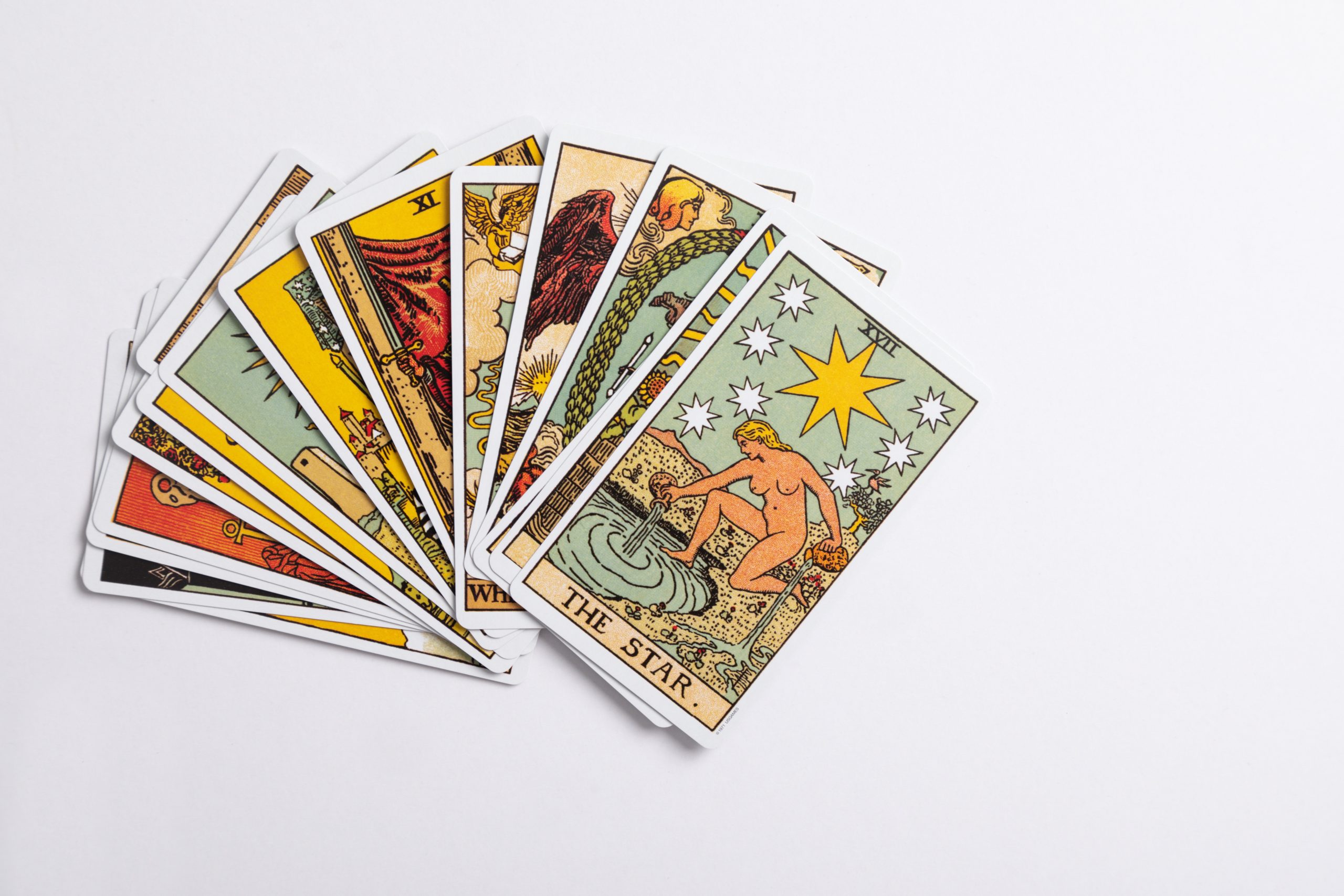Ancestor Veneration in Japan: Honoring the Spirits of the Past
Rich in cultural traditions and deeply rooted in spiritual beliefs, Japan has a long-standing practice of ancestor veneration. This ancient custom, known as kōrei or senzo kuyō, holds a vital place in Japanese society and plays a significant role in shaping the values and traditions of its people.
Understanding Ancestor Veneration
Ancestor veneration is the act of honoring and paying respect to one’s deceased ancestors. It is founded on the belief that the spirits of the deceased continue to exist and can influence the lives of their living descendants. This practice, prevalent across many cultures worldwide, finds its unique expression in Japan.
| Key Aspects of Ancestor Veneration in Japan |
|---|
| Honoring lineage and maintaining family unity |
| Seeking guidance and protection from ancestors |
| Remembering and celebrating family heritage |
| Expressing gratitude for the family’s blessings |
This deep reverence for ancestors is deeply interwoven into the fabric of Japanese society, and its influence can be seen in various aspects of daily life, including religious rituals, family customs, and even popular culture.
Historical and Cultural Origins
Ancestor veneration has been an integral part of Japanese culture for thousands of years, tracing its roots back to ancient animistic beliefs.
In the earliest days, the Japanese people worshipped a wide range of nature spirits and deities, believing that these entities played a vital role in their daily lives. Alongside their reverence for nature, the Japanese also began to acknowledge the significance of their ancestral spirits, gradually transitioning from a polytheistic belief system to ancestor veneration.
With the arrival of Buddhism in Japan during the 6th century, the practice of ancestor veneration became more formalized and incorporated into Buddhist rituals. The blending of indigenous Shinto beliefs and Buddhist traditions created a unique syncretism within Japanese culture, enriching the practice of ancestor veneration with additional rites and ceremonies.
Rituals and Practices
The rituals associated with ancestor veneration in Japan vary depending on regional customs and family traditions. However, several common practices can be observed throughout the country.
One widely recognized custom is the creation of family altars, known as butsudan. These sacred spaces are adorned with ancestral tablets, photographs, and other significant items. Families gather around the butsudan during special occasions and anniversaries to offer prayers, incense, and food to their ancestors.
Another important ritual is the annual Obon festival, a time when spirits are believed to return to the earthly realm to visit their descendants. Families clean and decorate graves, light lanterns, and even dance traditional dances called Bon Odori to welcome and entertain the visiting spirits. This festival, which typically takes place in July or August, serves as a way to reconnect with family roots and express gratitude for the blessings received from ancestors.
| Key Rituals and Practices |
|---|
| Creation of family altars (butsudan) |
| Ancestral grave visits and upkeep |
| Offering prayers, incense, and food |
| Participation in the annual Obon festival |
Cultural Significance
Ancestor veneration plays a vital role in shaping Japanese society. It fosters a strong sense of family unity and lineage, as well as a deep respect for tradition and ancestors’ wisdom. Furthermore, ancestor veneration encourages individuals to be mindful of their actions and strive to live in accordance with the values instilled by their forebears.
In a society that values harmony and collective well-being, ancestor veneration serves as a reminder of the interconnectedness between past, present, and future generations. It instills a sense of gratitude and humility, as individuals acknowledge the sacrifices made by their ancestors to ensure their welfare.
Moreover, the cultural influence of ancestor veneration is not limited to religious or traditional contexts. It is also prevalent in Japanese popular culture, with numerous films, anime, and literature exploring themes of lineage, ancestral spirits, and the interconnectedness of past and present.
Challenges and Changing Perspectives
While ancestor veneration remains a significant aspect of Japanese culture, it has also experienced changes and challenges in recent times. Japan’s rapidly evolving society, influenced by technological advancements and globalization, has led to shifting values and lifestyles.
Urbanization and the increasing mobility of people pose challenges to regular grave visits and traditional practices. Additionally, the rise of nuclear families and changing family structures impact the traditions and rituals associated with ancestor veneration.
| Challenges and Changing Perspectives |
|---|
| Urbanization and mobility |
| Changing family structures |
| Influence of modern lifestyles |
Despite these challenges, ancestor veneration continues to hold significance for many Japanese people. Adapting to the changing times, some families have turned to digital memorials, where virtual spaces allow them to pay respects and connect with their ancestors online.
Conclusion
Ancestor veneration in Japan is a profound practice that embodies the Japanese people’s deep respect for their lineage, heritage, and connection to the past. Honoring their ancestors allows individuals to cultivate a strong sense of gratitude, unity, and continuity while finding guidance and protection in the spiritual realm.
While facing modern challenges, Japan strives to preserve the essence of this ancient tradition while embracing new ways to adapt and express ancestral reverence in a changing world.
As the spirits of generations past continue to watch over their descendants, ancestor veneration in Japan remains a deeply cherished cultural practice that continues to shape the nation’s collective identity.
References
- Tofugu – Obon: The Ghost of Summer
- Japan Guide – Death and the Afterlife in Japan
- Nippon.com – In Japan, Grave Visits Are Becoming a Rarity
Table of Contents
